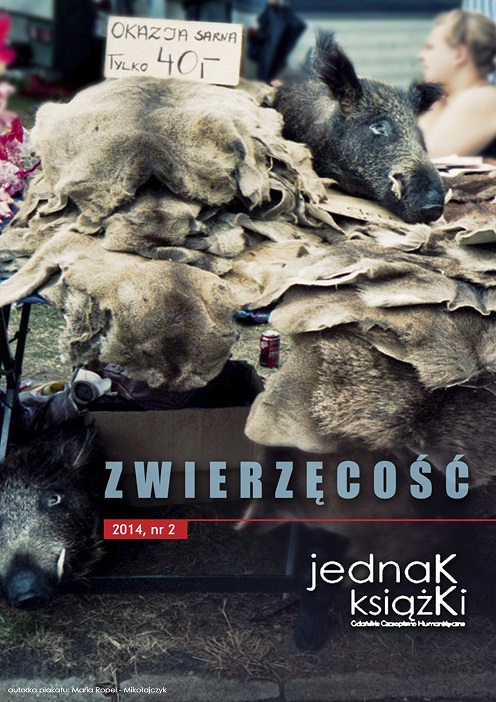"Biedna ludzka mucha" w twórczości Tadeusza Różewicza
Abstrakt
Among the many opinions about the flies the negative ones dominate. People tend to be disgusted by the flies; their routines and specific features of these insects, especially their inclination to linger in places affected by death and decomposition. Revulsion against flies, knowledge about the dangers that their presence may carry (epidemics, diseases) as well as conviction present in many of the world’s cultures that demons and gods of death manifest themselves in the form of these insects make them physically endangered in the presence of man. Although the men considers the fly an enemy and a parasite, often he identifies himself with the weakness and defenselessness of a fly.
The Author of this article analyses the works of Tadeusz Różewicz featuring the image of the “poor human fly”. In the animalistic perception of a man, the poet underscores the cohesion of human and animal existence as in the biological sense both beings are subjugated to the same laws of nature.

 Uniwersyteckie Czasopisma Naukowe
Uniwersyteckie Czasopisma Naukowe




